Solar-Powered Electric Motors for Electric Vehicles: A Revolutionary Solution to Conventional Charging
best Solar-Powered Electric Motors for EVs
As the world transitions towards greener and more sustainable modes of transportation, solar-powered electric motors for electric vehicles (EVs) are gaining traction as a viable solution.
These technologically advanced motors eliminate the need for conventional plug-in charging, harnessing the power of the sun to charge EVs and reduce dependency on fossil fuels.
In this blog post, we will explore the top five solar-powered electric motors, highlighting their features, performance, benefits, and real-life implementations to showcase the practicality and efficiency of these groundbreaking innovations for a sustainable future.
1.Tesla Solar Roof and Powertrain:
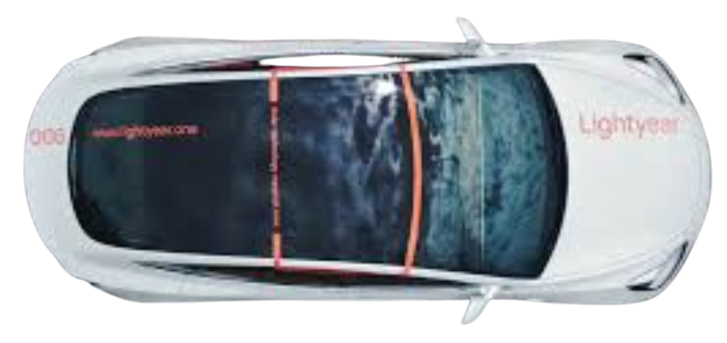
Tesla, the leading EV manufacturer, is at the forefront of solar-powered electric motors.
Their Solar Roof combines photovoltaic technology with Tesla Powerpacks, allowing EVs to draw power directly from this solar panel infrastructure.
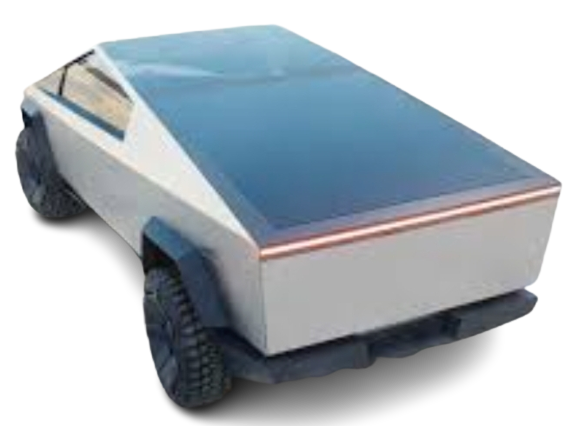
The in-built Powertrain optimizes the charging rate, ensuring efficient use of solar energy.
Real-life examples like the Tesla Model S sedan equipped with the Solar Roof have showcased impressive charging capabilities and extended driving range.
2. Sion Solar Car:
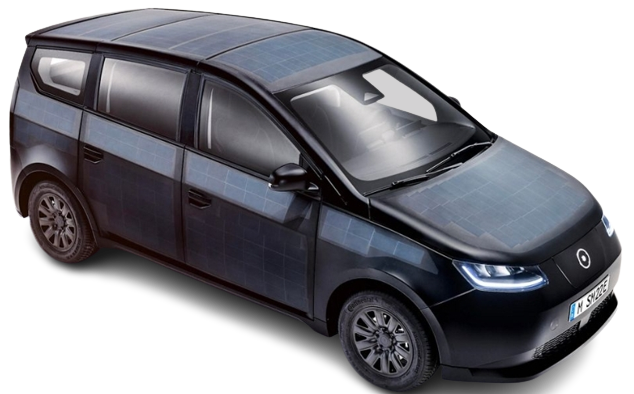
A revolutionary solar-powered electric motor, the Sion Solar Car features integrated solar panels on its exterior body.
Its Energy Boost System utilizes innovative bidirectional charging, allowing excess solar energy to be stored in the vehicle’s battery and used to power external devices.
The Sion’s solar cells generate energy even while driving, offering an extended range and reducing the reliance on external chargers.
3. Lightyear One:
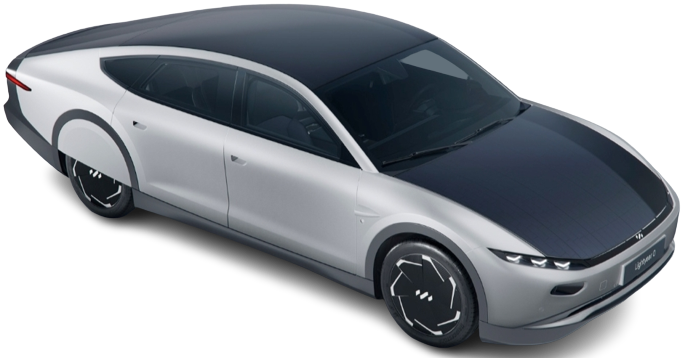
Lightyear One is a pioneering solar-powered electric motor designed for long-distance travel. Its aerodynamic body boasts an integrated solar roof, providing an astonishing 12,000 to 20,000 km (approx. 7,500 to 12,400 miles) of range annually from solar power alone.
Lightyear’s efficient energy management system enables the vehicle to store and utilize solar energy optimally, offering both environmental benefits and practicality for cross-country travel.
4. Aptera:
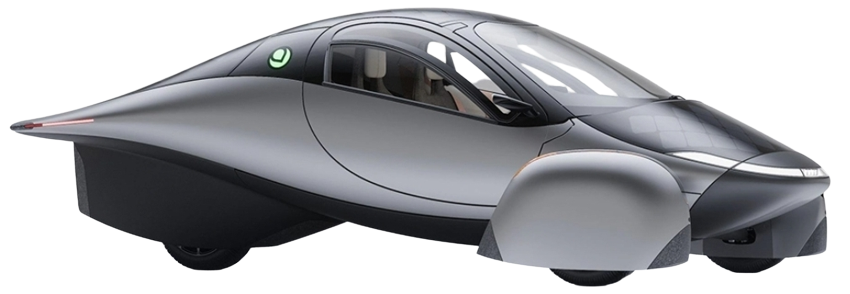
Aptera is known for its futuristic design and innovative solar-powered electric motor.
With an extraordinary solar roof area, Aptera’s EVs can harvest an impressive amount of sunlight, allowing it to travel up to 45 miles per day solely on solar power.
The vehicle’s overall efficiency and lightweight design, coupled with its solar charging capabilities, make Aptera a compelling choice for urban commuting and short trips.
5. Hanergy Solar Car:
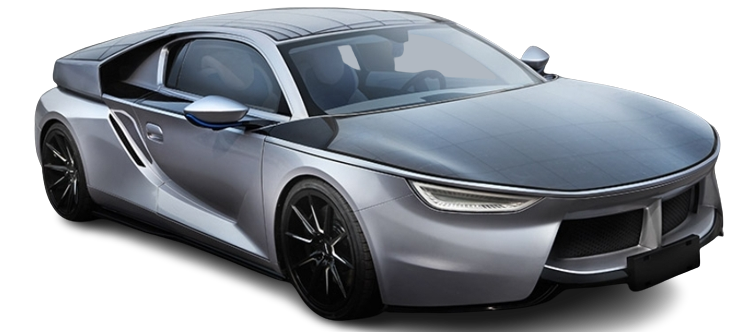
Hanergy’s solar-powered electric motor focuses on integrating thin-film solar panels into the car’s body, making it aesthetically pleasing and efficient.
This design choice maximizes the surface area available for solar power generation.
Hanergy’s solar cells are highly efficient, enabling the vehicle to charge both while stationary and in motion, further enhancing its battery life.
Real-life demonstrations have exemplified Hanergy’s commitment to incorporating green technology into EVs.
Benefits and Drawbacks:
The adoption of solar-powered electric motors for EVs brings numerous benefits.
Firstly, it drastically reduces dependency on conventional charging infrastructure, making EVs more practical and accessible.

Secondly, solar power is a renewable and clean energy source, reducing carbon emissions and mitigating the negative environmental impact.
However, there are certain limitations to consider, including the dependency on sunlight availability, varying charging rates compared to conventional plugs, and the initial cost of integrating advanced solar technologies into EVs.
Conclusion:
The top five solar-powered electric motors for EVs showcase the revolutionary steps being taken in green transportation.
These cutting-edge innovations enable EVs to charge directly from the sun, eliminating the need for conventional plug-in charging.

Real-life examples demonstrate the practicality and efficiency of these motors, providing ample evidence to support the potential positive impact on the environment.
While there are certain drawbacks and limitations, the utilization of solar energy in EVs signifies a significant stride towards sustainable transportation and a greener future for generations to come.

